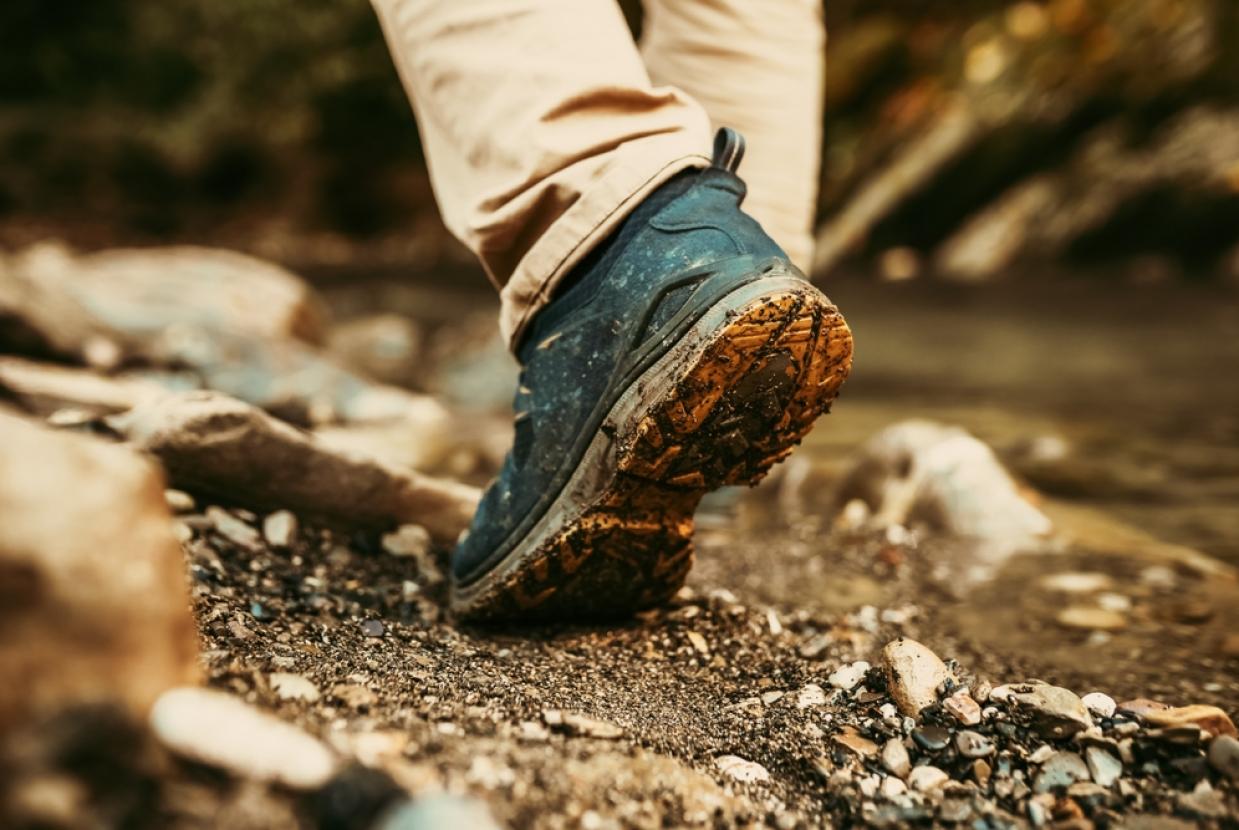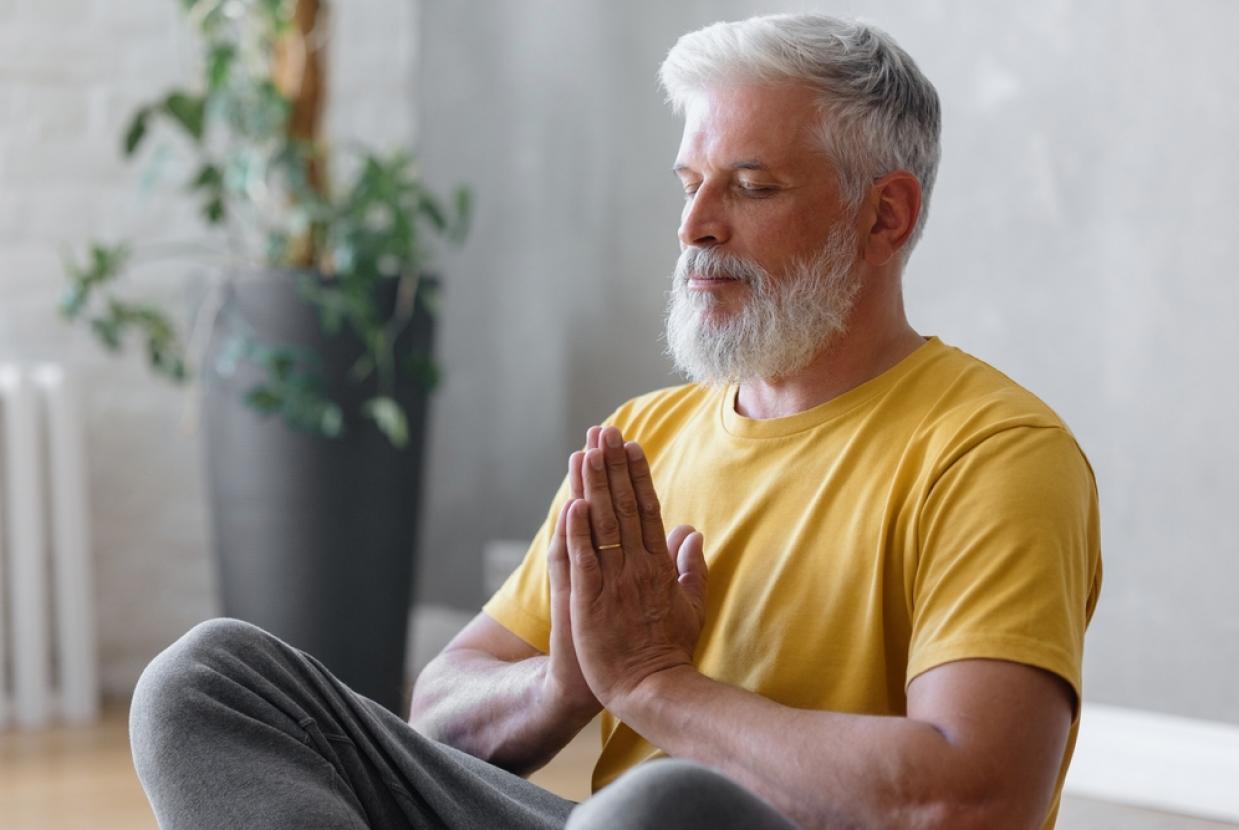Pneumonia
Pneumonia is inflammation of the lungs, usually caused by an infection. Most people get better in 2 to 4 weeks, but babies, older people, and people with heart or lung conditions are at risk of getting seriously ill and may need treatment in hospital.
Symptoms of pneumonia
Symptoms of pneumonia can start suddenly or gradually over a few days.
They include:
- a cough – you may cough up yellow or green mucus (phlegm)
- shortness of breath
- a high temperature
- chest pain
- an aching body
- feeling very tired
- loss of appetite
- making wheezing noises when you breathe – babies may also make grunting noises
- feeling confused – this is common in older people
Treatment for pneumonia
You'll usually be given antibiotics to treat pneumonia. Most people get better in 2 to 4 weeks. Some people are more at risk of becoming seriously ill. You may need to go to hospital for treatment if:
- you're over 65
- you have cardiovascular disease or a long-term lung condition
- your baby or young child has pneumonia
- you're very unwell
In hospital you'll usually be given fluids and antibiotics to treat the infection. You may also be given oxygen to help you breathe. You may be sent for an X-ray of your chest and blood tests to check for other conditions.
Things you can do if you have pneumonia
There are some things you can do to help with recovery from pneumonia and reduce the risk of spreading it to other people.
Do
- rest until you feel better – try to stay at home and avoid contact with other people if you have a high temperature or do not feel well enough to do normal activities
- drink plenty of fluids
- take paracetamol or ibuprofen to help with pain or a high temperature
- cover your mouth and nose with a tissue when you cough or sneeze
- put used tissues in the bin as quickly as possible
- wash your hands regularly with water and soap
Don’t
- do not take cough medicine – coughing helps your body get rid of the infection
- do not smoke
Causes of pneumonia
Pneumonia is usually caused by a bacterial or viral infection. You can catch it from someone who has it, or you can sometimes get it if you have another infection such as flu or coronavirus (COVID-19).
It can be caused by a fungal infection but this is rare in healthy people in the UK. It may also be caused by something getting into your lungs, such as water or food (aspiration pneumonia).
How to reduce your risk of pneumonia
There are several vaccines available to help protect you or your child from infections that can cause pneumonia:
- pneumococcal vaccine – recommended for babies, adults over 65 and people at higher risk of pneumococcal infections
- flu vaccine – recommended during pregnancy, for adults over 65, people with certain long-term health conditions and those at high risk of catching or passing on flu
- RSV vaccine – recommended for adults aged 75 to 79, and during pregnancy (from 28 weeks onwards) to help protect your baby after they're born
- COVID-19 vaccine – a seasonal vaccine that's recommended for people at increased risk from COVID-19



































